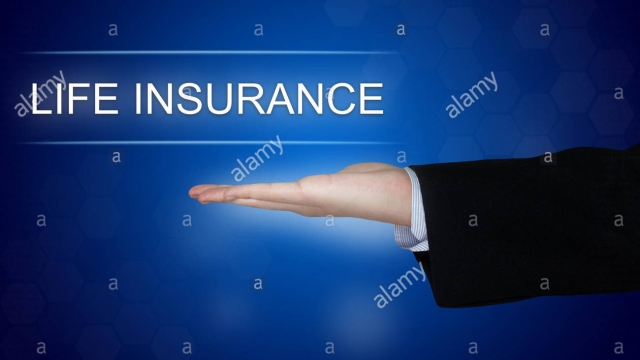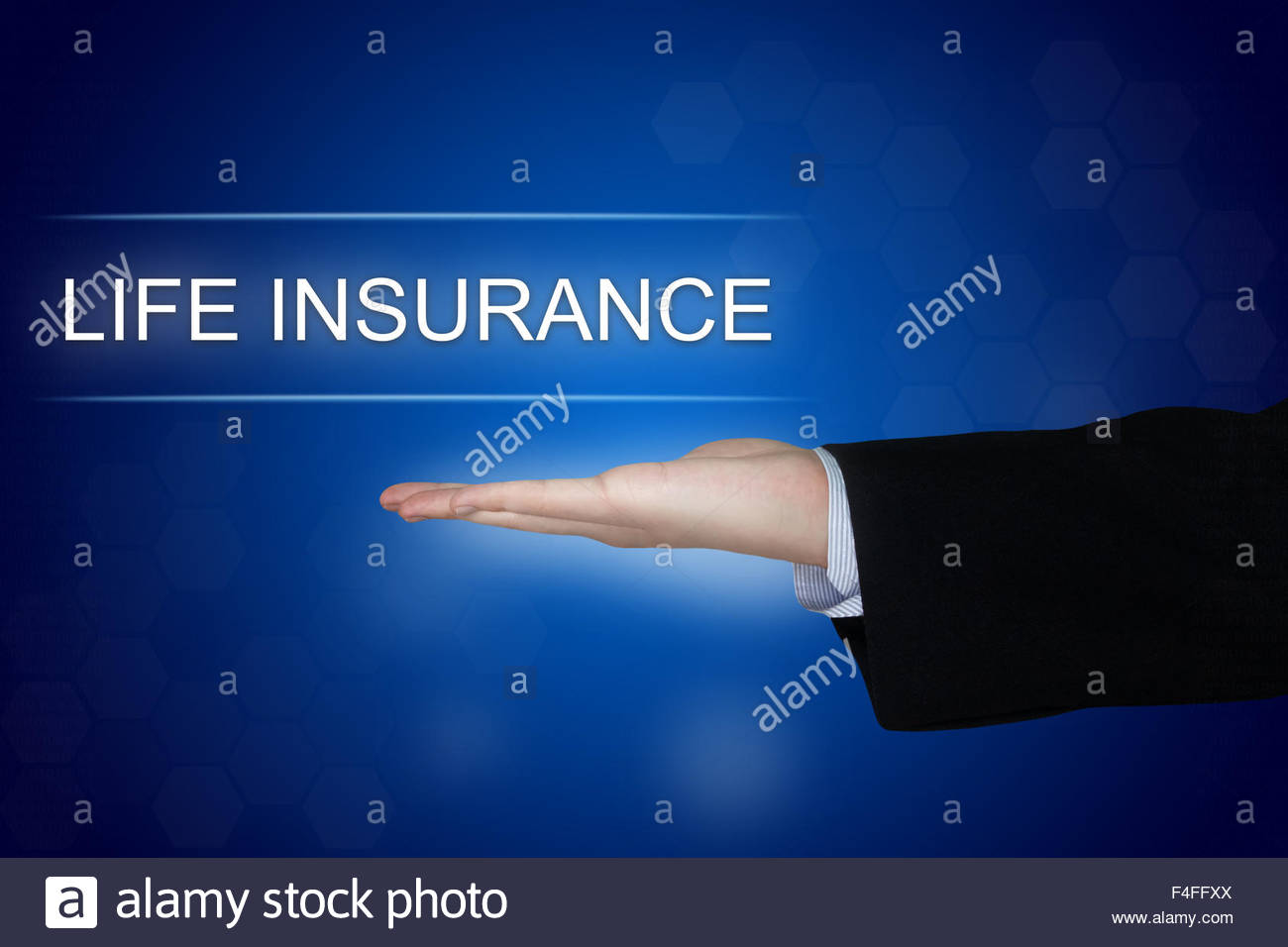
5 Essential Business Insurance Policies for Small Businesses
Running a small business can be both exciting and challenging. As a business owner, it’s essential to protect yourself from unforeseen risks and liabilities that could potentially cripple your operations. This is where business insurance comes into play. Business insurance provides the necessary coverage to safeguard your business assets, employees, and reputation. In this article, we will discuss five essential business insurance policies that every small business should consider. Whether you’re just starting out or already established, these policies will help ensure that you’re prepared for the unexpected.
One of the most crucial insurance policies for small businesses is workers compensation insurance. This coverage protects your employees in the event of a work-related injury or illness. By providing financial assistance for medical expenses, lost wages, and rehabilitation costs, workers compensation insurance not only safeguards your employees’ well-being but also offers you the peace of mind that you are meeting your legal obligations as an employer.
Another valuable insurance policy is general liability insurance. This policy offers protection against third-party claims of bodily injury, property damage, or personal injury resulting from your business operations. Whether it’s a slip and fall accident at your premises or a product your business sells causing harm to someone, general liability insurance ensures that your business assets are safeguarded, allowing you to continue operations without facing significant financial losses.
Directors and Officers (D&O) insurance is particularly important for businesses with a board of directors or officers. This policy provides coverage for legal expenses and damages arising from alleged wrongful acts, such as negligence, breach of fiduciary duty, or misleading statements. D&O insurance protects both the personal assets of directors and officers as well as the financial well-being of the business, allowing you to attract and retain talented individuals for vital leadership positions.
To further shield your business from potential losses, consider investing in property insurance. This coverage protects your physical assets, including your premises, inventory, equipment, and furniture, from damage or loss due to perils such as fire, theft, vandalism, or natural disasters. By having property insurance, you can swiftly recover after an incident and minimize the financial impact on your business.
Lastly, the importance of professional liability insurance cannot be understated. Also known as errors and omissions (E&O) insurance, this policy offers protection in situations where professional services or advice provided by your business result in financial losses or damages to your clients or customers. Professional liability insurance provides coverage for legal expenses, settlements, or judgments, ensuring that your business can adequately address any potential claims and maintain its professional reputation.
In conclusion, having the right business insurance policies in place is crucial for the long-term success of your small business. From workers compensation insurance to professional liability coverage, each policy plays a vital role in protecting your business, employees, and financial interests. By investing in comprehensive business insurance, you can focus on what really matters – growing your business with the confidence that you have the necessary protection in place.
Insurance For Roofing Contractors
1. Workers Compensation Insurance
Workers Compensation Insurance is a crucial policy for small businesses. It provides protection to both employers and employees in the event of work-related injuries or illnesses. With this insurance, employees can receive medical treatment and wage replacement while they recover, and employers can avoid potential lawsuits resulting from workplace accidents.
As a small business owner, it is your responsibility to ensure the safety and well-being of your employees. Workers Compensation Insurance helps fulfill that duty by providing financial support in case of unforeseen circumstances. By having this policy in place, you can demonstrate your commitment to your workforce and potentially prevent legal complications in the future.
Investing in Workers Compensation Insurance also helps create a positive work environment, as employees feel valued and protected. Accidents and injuries can happen in any industry, so having this insurance gives your employees peace of mind, knowing that they will be taken care of if anything goes wrong.

2. Business Insurance
Business insurance is an essential component for small businesses as it provides financial security and protection against potential risks and liabilities. Having the right insurance policies in place can safeguard your business and help you navigate unforeseen challenges effectively. In this section, we will explore three important types of business insurance that every small business owner should consider.
Workers Compensation Insurance ensures that your employees are protected in the event of work-related injuries or illnesses. This insurance covers medical expenses, rehabilitation costs, and lost wages for employees who suffer on-the-job injuries. By having workers compensation insurance, you can provide your employees with the necessary support while protecting your business from potential legal liabilities.
General Liability Insurance is another crucial policy that helps protect your small business from third-party claims of bodily injury, property damage, or personal injury. This insurance safeguards your business from legal expenses, medical bills, and potential lawsuits that may arise due to accidents or damages caused by your business operations. General liability insurance is especially important for businesses that interact with clients or operate in public spaces.
Directors and Officers (D&O) Insurance provides coverage for company executives in case of lawsuits or claims made against them for alleged wrongful acts committed in their capacity as directors or officers. This insurance protects personal assets and covers legal expenses incurred during defense. D&O insurance not only offers financial protection to directors and officers but also helps attract talented individuals to join your business by providing them with peace of mind.
By understanding these three essential types of business insurance — Workers Compensation Insurance, General Liability Insurance, and Directors and Officers Insurance, small business owners can proactively protect their businesses from various risks and potential liabilities. Investing in the right insurance policies can provide stability and confidence, allowing you to focus on growing your business and achieving long-term success.
3. Directors and Officers (D&O) Insurance
Directors and Officers (D&O) Insurance is a vital policy that provides protection for the directors and officers of a company. It safeguards them from legal actions that may arise due to decisions made in their official capacities. This form of insurance is particularly crucial for small businesses, as the actions of key executives can have a significant impact on the organization as a whole.
D&O Insurance covers legal costs and damages in case a director or officer is sued personally for alleged wrongful acts, such as negligence, errors in judgment, or breach of duties. It offers financial support to defend against lawsuits and can help cover settlements or judgments.
Without D&O Insurance, directors and officers may be held personally liable for such claims, which can lead to financial ruin and reputational damage. Having this policy in place can provide peace of mind and protect the individuals who are at the helm of the company, allowing them to make sound decisions without the fear of personal liability.
In conclusion, Directors and Officers (D&O) Insurance is an essential policy for small businesses, ensuring that their directors and officers are protected from potential lawsuits and personal liability. It is a proactive measure that can safeguard the interests of both the company and its key decision-makers.



